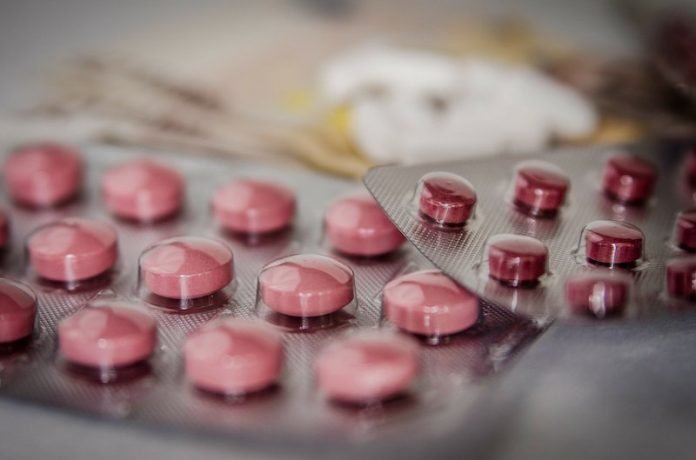
In a recent study published in The Lancet, McMaster University researchers found an inexpensive repurposed drug called fluvoxamine can save the lives of COVID-19 patients and cut hospital admissions by up to 30%.
Fluvoxamine is used to treat obsessive-compulsive disorder (OCD). It helps decrease persistent/unwanted thoughts (obsessions) and urges to perform repeated tasks
They treated 739 Brazilian COVID-19 patients with fluvoxamine, with another 733 receiving a placebo.
Researchers found about a 30% reduction in hospitalizations among those receiving fluvoxamine compared to those receiving the placebo.
This effect went up to 65% among patients taking all of their drugs.
The team says fluvoxamine is the only treatment that if administered early, can prevent COVID-19 from becoming a life-threatening illness.
In another study published in Signal Transduction & Targeted Therapy, researchers found that many suffered from chronic heartburn and were taking an inexpensive drug called famotidine, the key ingredient in Pepcid.
The researchers analyzed data from 22,000 people and showed that when delivered at high doses (the equivalent of about 10 Pepcid tablets), famotidine appears to improve the odds of survival for COVID-19 patients, especially when it is combined with aspirin.
It also seems to hinder the severity of disease progression, making patients less likely to reach the point where they require intubation or a ventilator.
One of the most dangerous phenomena COVID-19 can trigger in your body is something called a cytokine storm, which is a potentially fatal amplification of an immune response.
When you become sick, your immune system releases inflammatory proteins called cytokines that tell your immune cells how to fight the infection.
But in more severe illnesses, cytokine production can spiral out of control, becoming dysregulated.
The team’s theory is that famotidine suppresses that reaction. Although it was developed with a specific purpose in mind—blocking the histamine receptors that help produce acid in your stomach—famotidine, like all other medications, can cause side effects.
If you care about COVID, please read studies about when is it OK to take a rapid antigen test for COVID, and findings of COVID-19 pills that may change everything.
For more information about health, please see recent studies about vitamin D that can be cheap treatments for COVID-19, and results showing that Omicron may be less likely to cause severe disease.
Copyright © 2021 Knowridge Science Report. All rights reserved.



